No fewer than 64,000 pupils from Nigeria, Benin Republic, and Togo sat for the 2025 National Common Entrance Examination (NCEE) into Federal Government Colleges. The examination was conducted by the National Examinations Council (NECO).
The Minister of State for Education, Prof. Suwaiba Ahmad, expressed satisfaction with the smooth conduct of the exam during her monitoring visits to Model Secondary School, Maitama, and Government Secondary School, Tudun Wada, both in Abuja.
“I’m very happy with the way the exams have been conducted. They started on time, students were orderly, and invigilators were present and active. We had 64,000 candidates — 30,000 males and 34,000 females — which shows a strong interest in our unity colleges,” she said.
The minister emphasized that the impressive turnout reflects the continued confidence of parents in the Federal Government Colleges.
“This shows that Nigerians still value the role of unity schools in promoting national unity and cohesion,” she added.
The Registrar of NECO, Prof. Ibrahim Wushishi, revealed that Lagos State had the highest number of registered candidates with over 15,000. He noted that the Republic of Togo had the lowest turnout, with just 17 candidates.
“We had about 109 candidates from Benin Republic and Togo combined, all of whom are Nigerian citizens residing in those countries. This is a truly regional exercise that affirms the reach and reputation of our unity colleges,” he said.
Wushishi also reported that the exam was conducted without any hitches.
“Materials arrived on time, the exam began as scheduled, and we’ve received no reports of challenges. This seamless process gives us confidence ahead of the upcoming WAEC and NECO senior secondary exams,” he stated.
He also highlighted the inclusion of children with special needs, noting that NECO made provisions such as braille materials and support staff to ensure full participation.
The Director of Senior Secondary Education at the Federal Ministry of Education, Binta Abdulkadir, assured that admissions into unity schools will be based on merit, state quota, and exigency — with the latter particularly addressing the needs of children of civil servants.
“While final admissions will depend on the released results, we remain committed to a fair, inclusive, and transparent process,” she said.






























































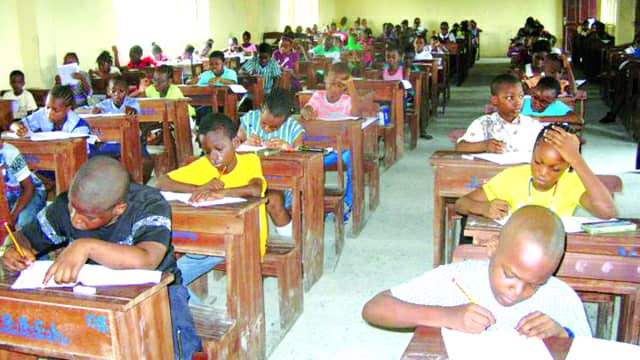




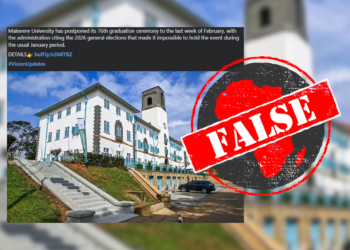
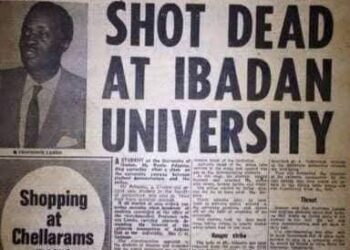
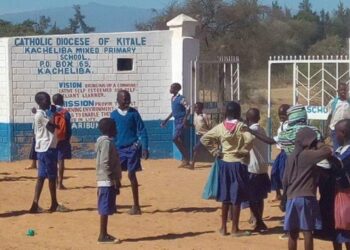
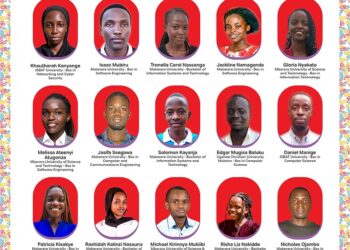
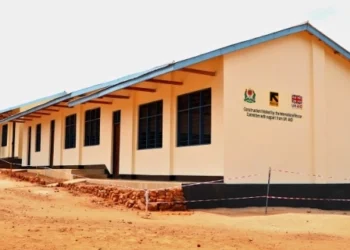










 EduTimes Africa, a product of Education Times Africa, is a magazine publication that aims to lend its support to close the yawning gap in Africa's educational development.
EduTimes Africa, a product of Education Times Africa, is a magazine publication that aims to lend its support to close the yawning gap in Africa's educational development.